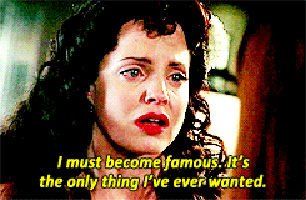What do you think?
Rate this book
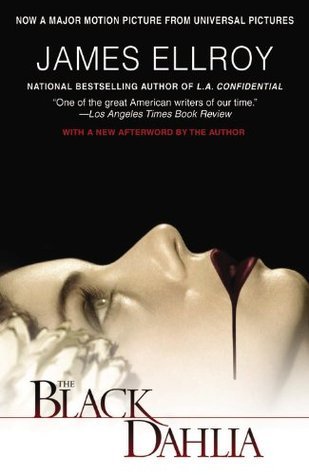

348 pages, Paperback
First published September 1, 1987

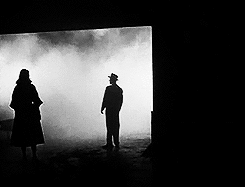
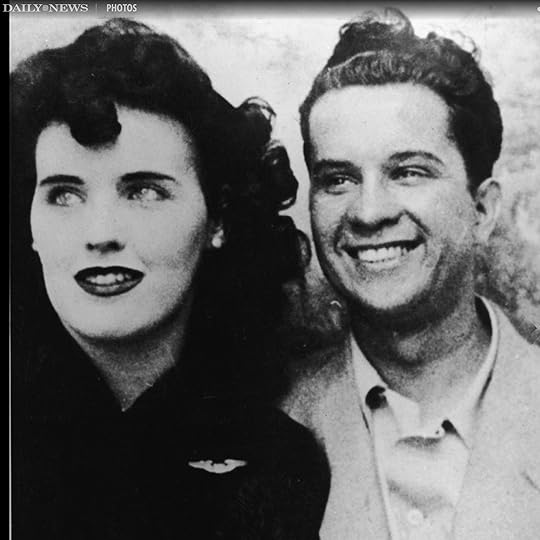
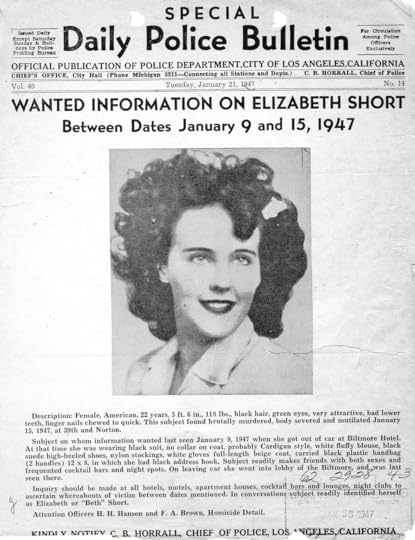

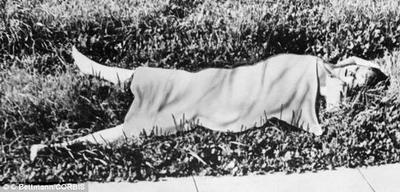
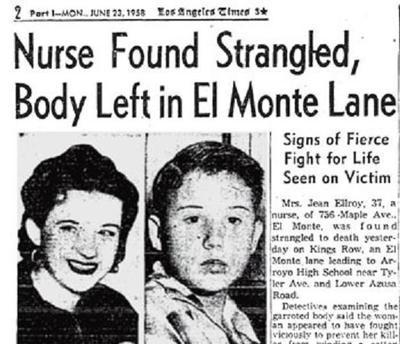
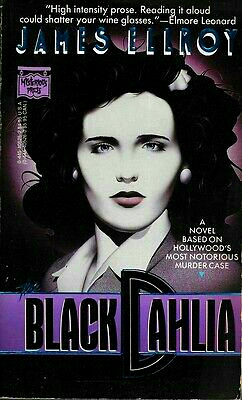

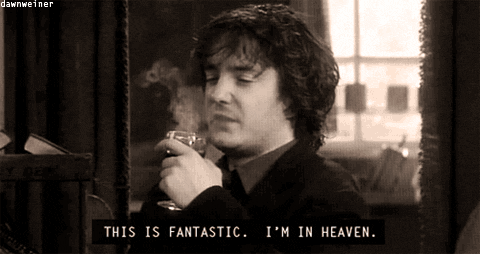
Triggerman.
Stooge.
Bumfuck detective too blind to clear the case he was a homicide accessory to.
The weak point in a fairy tale triangle.
Best friend to a cop-bank robber, now the keeper of his secrets."

In her calmest schoolteacher voice, Kay Lake Bleichert said, 'I almost told you. But you started whoring again, collecting her pictures. I just wanted revenge on the woman who ruined the two men I loved.'
